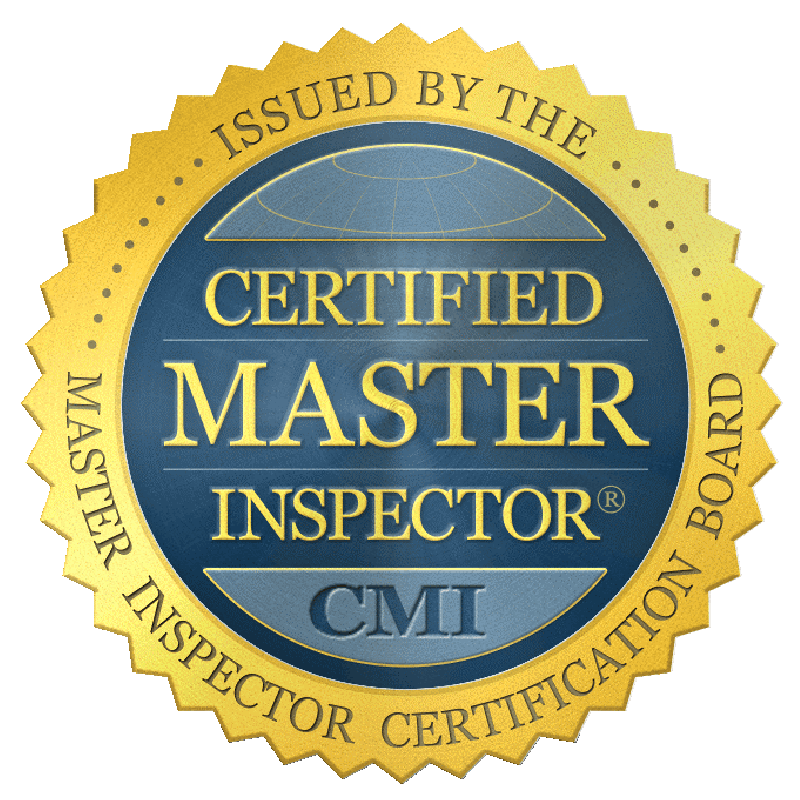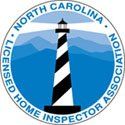What is a Home Inspection?
The home buying process can be confusing and stressful. Not only do you need to consider things such as price and location, you also have to worry about whether the house itself has any problems that could become costly surprises down the road.
The Home Inspection is an unbiased, professional assessment of the condition of the house. It provides you an expert opinion and professional report on the condition of the physical structure and various systems within a house giving you peace of mind on what is likely the largest purchase you’ll ever make.
In order to prepare the report, an inspector must conduct a through visual inspection of the house. The time this takes may vary, according to the size and condition of the home. We strongly encourage you to accompany the inspector during the inspection, if possible. This will give you a chance to ask questions and become familiar with the systems of the home.
Items that will typically be included in an inspection are:
- Framing (structure) Crawlspace/Basement-Floor
- Roof and attic
- Foundation
- Walls
- Electrical system
- Plumbing system
- Heating and air conditioning systems
- Kitchen
- Bathrooms
- Built-in appliances
Additional items and systems unique to a particular home can also be inspected.
When the inspection is complete, we will verbally tell you of any problems that were discovered and discuss them with you if you are present. We will also tell you about any routine maintenance that should be performed, as well as answer any questions you may have. You will also receive a full written report of the inspection (normally 25 Plus pages). The written report is typically done the same day if possible and sent out at the latest by the next day. We can get this to you and/or your realtor via mail, email or fax. Our report is very thorough. Not only do we describe any problems that we observe but we describe the systems and components of the home.
Our goal is to discover and inform you of anything we find that might affect your purchase decision. We will tell you about any problems we find, and make repair recommendations. We will also inform you of what maintenance tasks are required to keep the home and its systems in top condition.
New Home Inspection
There are good reasons to have a professional inspection performed on the brand new home you are buying.
Buying a new house is likely one of, if not the largest purchase decision you’ll ever make. The whole process is fraught with emotion and stress. A professional home inspection will substantially reduce the risk for your large investment in a new home. It just makes sense to learn as much as you can about the quality of your new home, before signing off on everything.
Building a new home is a tremendously complex Endeavor. It involves many people, usually split up into sub-contractor groups, each working on different parts and systems of the house. Even for the best builders, its nearly impossible to complete this process without missing something. Maybe its a plumbing fixture that did not get tested for leaks, maybe its an electrical box that isn't working, or any one of dozens of minor or sometimes major problems that can easily be overlooked in such a major undertaking. We will find such problems while it is still early enough for you to bring them up with the builder and have them corrected before you close on your deal.
For the relatively small cost, a professional inspection of your new dream home can pay big dividends in peace of mind and getting any problems identified and corrected before they can become an unpleasant surprise.
How to Hire a Home Inspector
For most people, the purchase of a home is the largest investment they’ll ever make. Getting an independent, expert opinion on the operability of the structure and its systems is a no-brainer. But not all home inspectors have the same level of experience, training, or certifications. Home inspectors are governed only by whatever laws are in place in the state in which the inspection is performed, and these laws vary greatly. So how do you make sure you’ve hired the right person for the job?
When shopping for a home inspector, it's vital that you do your homework and interview each inspector based on the checklist below.
Inspector vs Engineer
You need a home inspector. When you hire a home inspector, you are hiring an experienced professional who has training and experience in the building industry. It is the job of the home inspector to not only evaluate the condition of the house's major systems and structural integrity, but also to evaluate how these systems are working together and identify areas that need to be watched, repaired or replaced.
Your home inspector gives you the Big Picture analysis of the house you are purchasing.
Hiring a Professional Engineer on your own can be a disappointing experience. The term Professional Engineer does not mean that the individual has training or experience conducting home inspections. Additionally, a home inspection does not involve engineering analysis. Therefore, hiring a Professional Engineer to complete a home inspection undoubtedly costs more and it may not give you the results you desire and deserve.

